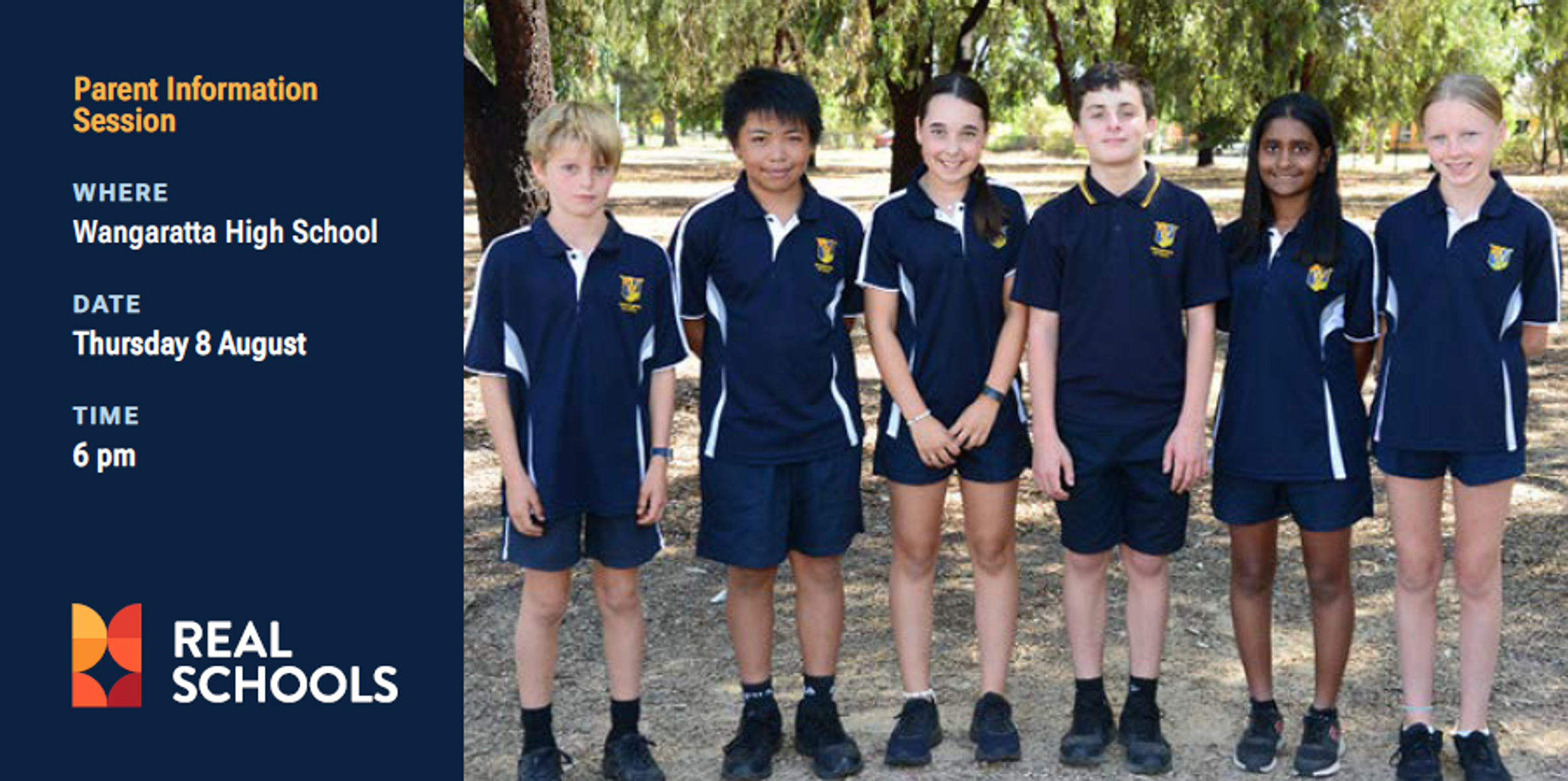Supporting parents and carers - affective language to improve behaviour and relationships at home and beyond

Last night, we had a great Parent/Carer Information Session; I am delighted to share some insights and updates about the transformative initiatives we are undertaking at Wangaratta High School. Our continued commitment to fostering a nurturing and supportive environment for our students is further enhanced by our adoption of Restorative Practices, particularly under the Real Schools Restorative Practice 2.0 framework.
The session, facilitated by our Real Schools Expert Facilitator Trish Coelho, was both engaging and informative, offering valuable insights into how we can better support our students' social and emotional development. I want to extend my heartfelt thanks to everyone who attended. Your participation is crucial as we work together to create a positive and inclusive school culture.
Understanding the Brain and Behaviour
One of the key themes discussed during the session was the relationship between brain function and behaviour. Trish highlighted the importance of understanding two critical parts of the brain: the neocortex and the limbic system. The neocortex is responsible for logical thinking, problem-solving, and language processing, while the limbic system governs our emotions such as happiness, fear, and anger. Recognising that children often find it challenging to use both parts of the brain simultaneously helps us understand their behaviour better. Emotional responses, such as tantrums or outbursts, indicate the engagement of the limbic system, making logical reasoning nearly impossible at those moments.
Practical Tips for Parents
To support your children effectively, consider the following strategies:
- Stay Calm and Composed: Your emotional state influences your child's emotions.
- Provide Comfort: Show your child that you are there to support them.
- Listen Actively: Validate their emotions, even if you disagree with their behaviour.
- Set Limits: Establish appropriate boundaries while acknowledging their feelings.
- Problem-Solve Together: Once emotions have settled, engage in logical discussions to find solutions.
Adopting Restorative Practices
Restorative Practices represent a shift from traditional adversarial methods to a more inclusive, empathetic approach to conflict resolution. This approach focuses on repairing harm and restoring relationships through open communication and mutual understanding.
Key Aspects of Restorative Practices:
- Language: Utilising affective language and structured processes like restorative circles to share perspectives and emotions.
- Conduct: Encouraging a resolution process where all parties have input, focusing on harm repair rather than formal decision-making.
- Mindset: Emphasising empathy, understanding, and collaborative issue resolution.
- Role of Authority: Positioning authoritative figures as facilitators of open communication rather than disciplinarians.
Incorporating Affective Statements
A key component of our restorative approach involves the use of affective statements, as discussed in our recent information session and supported by insights from Real Schools. Affective statements are expressions that communicate the emotional impact of a student's behaviour. For example, rather than simply instructing a student to correct their behaviour, we might say, "It disappoints me to see you do that." This not only encourages the student to reflect on their actions but also helps them understand how their behaviour affects others. By expressing feelings like disappointment or appreciation, we foster empathy and promote a more positive and inclusive school culture.
Collaboration with Parents and Carers
We believe that these changes, while seemingly small, can significantly impact our school culture. We invite you to join us in this journey by trying these strategies at home. For example, when faced with a messy bedroom, a calm statement like "This mess is pretty frustrating" can prompt self-reflection and action from your child.
This session was part of our ongoing three-year partnership with Real Schools, and we are excited to continue this journey with you. The next Parent/Carer session is scheduled for 2025, and we look forward to your continued involvement.
In the meantime, additional information and some key resources shared last night, including videos, are available on our website at www.whs.vic.edu.au/realschools.
Together, we can create a positive and supportive environment that allows our students to thrive. I look forward to sharing more about our journey with restorative practices and welcome any feedback or questions you may have.
Dave Armstrong
Executive Principal
